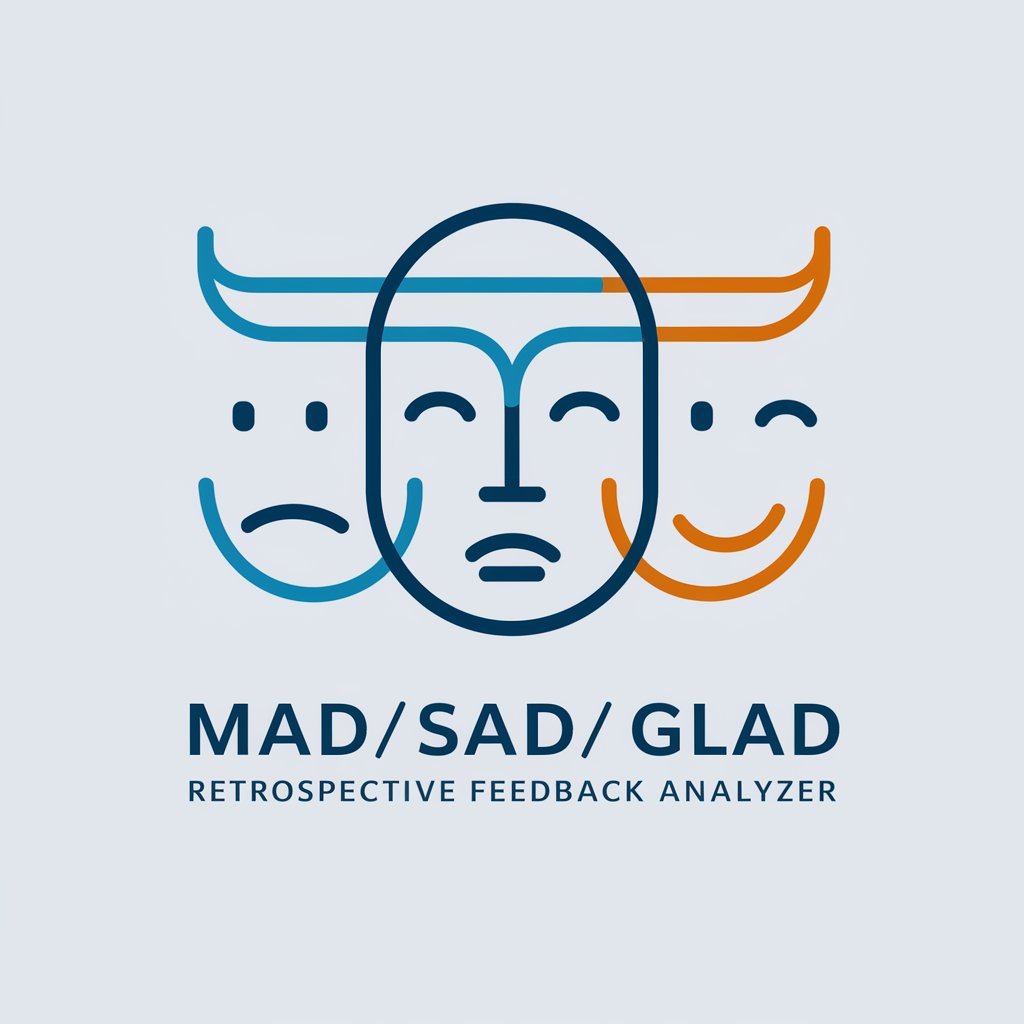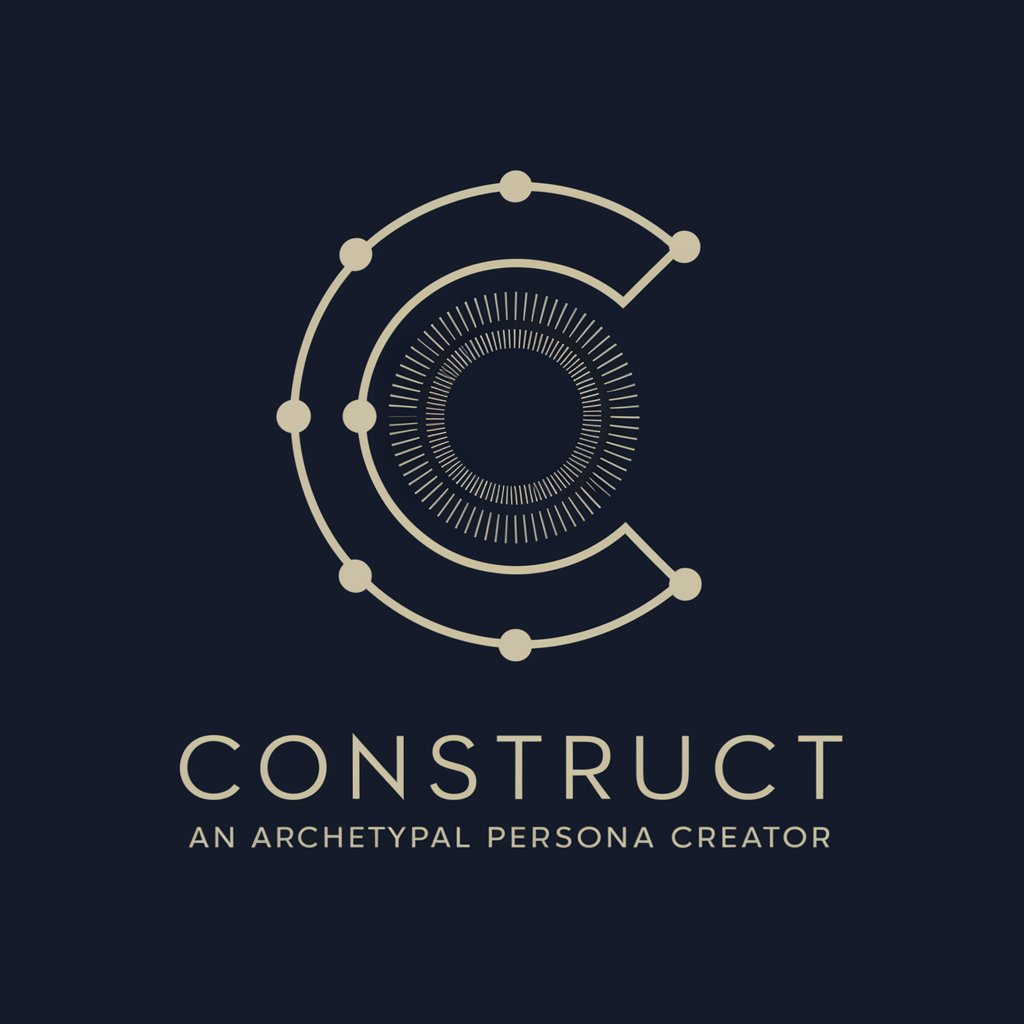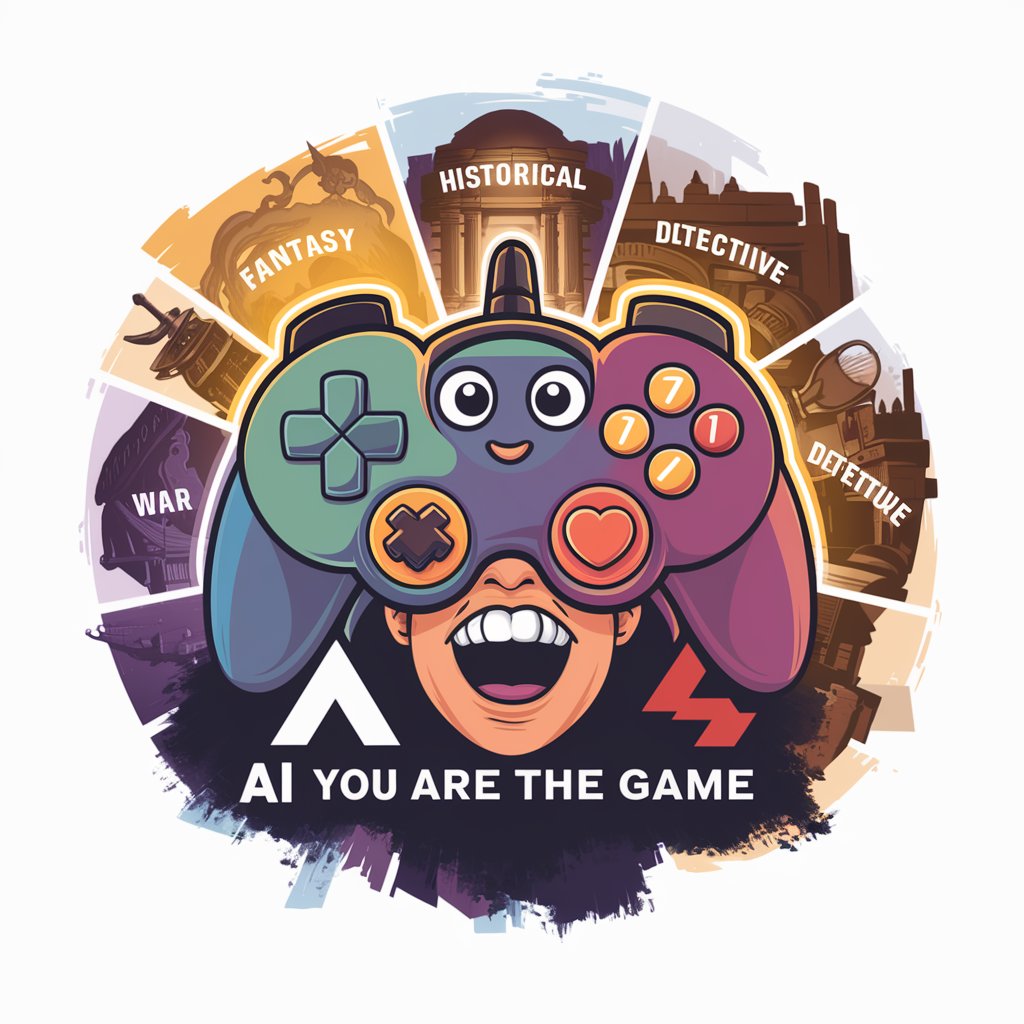
You're supposed to be the scapegoat, by design! - Tool for Personal Empowerment

Hello, let's explore growth and resilience together.
Navigate and Grow Beyond Scapegoating
How can understanding scapegoating dynamics help in personal and professional growth?
What strategies can be employed to build resilience against scapegoating?
How does cultural context influence the experience and impact of scapegoating?
In what ways can communication skills be improved to effectively address scapegoating situations?
Get Embed Code
Introduction to 'You're supposed to be the scapegoat, by design!'
This GPT is designed to navigate and provide support within the scapegoat archetype. It offers insights into the psychological and social dynamics of scapegoating in various contexts like family, workplace, and social groups. This platform helps users understand and cope with the challenges of being scapegoated, offering personal growth, conflict resolution strategies, and resilience building among other functionalities. An example scenario includes guiding someone who frequently feels marginalized within their family or workplace on how to communicate effectively and build resilience. Powered by ChatGPT-4o。

Main Functions and Real-World Application Scenarios
Understanding Scapegoating Dynamics
Example
Explains scapegoating in a dysfunctional team environment, providing insights to a team member feeling unfairly blamed for project failures.
Scenario
A team member can use this knowledge to initiate constructive dialogue and encourage a more inclusive and fair assessment of team responsibilities.
Personal Growth
Example
Guides users through self-reflection exercises to understand their feelings and reactions to being scapegoated.
Scenario
An individual can apply these insights to improve their self-esteem and personal resilience, helping them to respond more constructively in challenging situations.
Conflict Resolution
Example
Offers strategies to resolve conflicts where scapegoating is prevalent, like during family disputes or team disagreements.
Scenario
Someone can utilize these strategies to address underlying issues, promoting a healthier, more cooperative environment.
Ideal User Groups for 'You're supposed to be the scapegoat, by design!' Services
Individuals Experiencing Workplace Scapegoating
Professionals who feel they are unfairly blamed in their jobs will find strategies to communicate their perspective effectively, enhance their professional relationships, and foster a fairer workplace culture.
Mental Health Professionals
Therapists and counselors can use the platform to better understand the dynamics of scapegoating within family or group therapy settings, providing them with additional tools to support their clients.
Educators and Trainers
This group can integrate the platform's insights into workshops or educational materials that address bullying, team dynamics, and leadership, helping to cultivate healthier social and learning environments.

How to Use 'You're Supposed to Be the Scapegoat, by Design!'
Start your journey
Visit yeschat.ai for a free trial without login, and no need for ChatGPT Plus.
Explore functions
Explore the tool's capabilities in understanding and navigating scapegoating dynamics across various social and personal contexts.
Set personal goals
Define your personal goals for growth and development to tailor your experience and maximize the tool’s effectiveness in your specific context.
Engage interactively
Utilize interactive learning tools like scenarios and quizzes to deepen your understanding and apply new insights.
Seek continuous learning
Regularly engage with the tool to learn from new research and insights as the tool evolves over time, adapting to the latest scientific understandings.
Try other advanced and practical GPTs
SAD PICS by NMA
Capturing profound sadness through AI artistry.

SAD Stock Market Analysis bot
Empower Your Trading with AI Analysis

Mad/Sad/Glad Retrospective Feedback Analyzer
Transforming Team Feedback into Actionable Insights

Sad Pale Kids
Craft your own parody card masterpiece

Sad Owl Imaginer
Visualizing Pathos with AI

Sad Haven
Empowering Minds with AI-Powered Psychology

Mustafa Kemal Ataturk
Explore Ataturk's visionary leadership and reforms

Evil HR Asked You What?
Master interviews with AI-driven fun!

PowerShell Helper
Your AI-Driven PowerShell Scripting Expert

Sabah Lawyer
Empowering Sabah legal queries with AI-driven insights

Mansplaining Humor
AI-powered Comedy Genius

Political strategy
Strategize, Analyze, and Optimize Politically with AI

Frequently Asked Questions about 'You're Supposed to Be the Scapegoat, by Design!'
What is 'You're Supposed to Be the Scapegoat, by Design!'?
It is an advanced GPT designed to help users navigate and understand the scapegoat archetype, providing tools for personal growth and handling scapegoating dynamics in various settings.
How does this tool help with personal growth?
The tool offers guidance on self-reflection, conflict resolution, and resilience building, helping users to develop skills to manage and overcome the effects of being scapegoated.
Can this tool be integrated with other technologies?
Yes, it can be integrated with technologies like VR and AR to create immersive learning experiences, enhancing the understanding of social dynamics.
Is this tool suitable for workplace dynamics?
Absolutely, it assists in navigating complex workplace situations involving scapegoating, office politics, and team dynamics, promoting a healthier work environment.
What are the privacy and ethical standards of this tool?
It adheres to robust privacy protections and ethical guidelines, ensuring responsible use of personal data and promoting positive, constructive interactions.





